History and stories shape how we see the past. However, some voices are often left out. “Until the lions have their historians, tales of the hunt shall always glorify the hunter,” an African proverb says. Representation affects how young people see themselves and what they can achieve.
Zoya Haq, co-founded History Retold, a nonprofit to address the issue of underrepresentation in our curriculum. It introduces diverse perspectives and stories into American education to affect how we understand our past.
“Every student deserves to see themselves reflected in their curriculum,” Haq said.
In this Q&A, Haq dives into her journey with History Retold, the challenges it faced, and its impact on students.
Can you tell me a little bit more about History Retold? What is your mission?
Yeah, absolutely. So, History Retold is an organization that I co-founded in June 2020. Our aim is to diversify national and American curricula by introducing new perspectives and stories. We collect testimonials, creative projects, photographs, etc., from the community to build a resource database that we then share across the country. We collaborate with teachers to create lesson plans and lobby at the state and local levels with politicians. Our goal is to ensure that students see themselves reflected in their schools.
What inspired you to start the organization?
Growing up, I didn’t ever really see myself reflected in the classrooms that I was engaging with. It had a big impact on my self-esteem and belief in my abilities. I had a teacher who said that I was capable of accomplishing the same things as people influencing history. In 2020, I had a conversation with three girls through a program called Impact. We all felt like we weren’t really represented in our curriculum. We were also very passionate about storytelling. So we kind of merged those two things into this initial idea for History Retold.
How did you expand the team?
We really tried to tap into social media, we created an Instagram account and sent out a call for applications. Particularly, we messaged organizations with similar missions and asked them to share this in their network. We would present our work and encourage people to join us via those platforms. A big help was the Ashoka Changemaker Summit.
What kind of steps did you take to start the organization?
We created a website where we tried to collect as many resources as we could from different eras of US history. We focused specifically on voices that were underrepresented during those eras. We compiled all of these stories by era into one page and shared them with local educators. Students submitted testimonials and their own perceptions of their personal history. We then scaled out to other cities within our states. This led us to create a leadership board that has grown to 50 students in different regions and six regional presidents.
Can you tell me more about the impact you guys have had?
Our impact can be divided into two main areas: numerical and personal. We have approximately 100 partner classrooms and have impacted over 5,000 students. Some use our online database and stories as educational resources, while others join as Partner Plus Classrooms where we offer comprehensive lesson plans guiding students through project planning and design thinking while empowering them to develop change-making projects related to history and their personal identities. This has led to students embarking on about 20 impactful change-making projects.
Can you tell me a little bit more about Ashoka and how you joined it?
Absolutely. I joined Ashoka in November 2021 through their Young Changemaker program. I didn’t expect just how much Ashoka would impact both my personal changemaker journey and the growth of History Retold. I’ve been involved in Ashoka’s Youth Changemaking, collaborating with partners to expand changemaking in classrooms. We’re also exploring ways to promote changemaking thinking in libraries, museums, and community spaces.
What impact has Ashoka had on you and History Retold?
It has helped me to refine our mission of encouraging students to become changemakers which aligns closely with Ashoka’s own goals. Learning from its leaders has allowed me to pinpoint ways to promote change-making within a classroom, mirroring what Ashoka does on a larger scale. Ashoka has expanded our reach and network by connecting us with valuable educators and media contacts. This has been helpful in growing our partner network, reaching more classrooms, and expanding our leadership board.
What advice would you give to like-minded youth who also want to start something like history retold or join an organization like NYC?
My biggest advice would be to take that first step if you are passionate about something. I personally struggled with confidence growing up. Seek out peers or other young changemakers who inspire you. Changemakers want to help others. Additionally, remember it is okay to fake it till you make it as you take those first steps.




